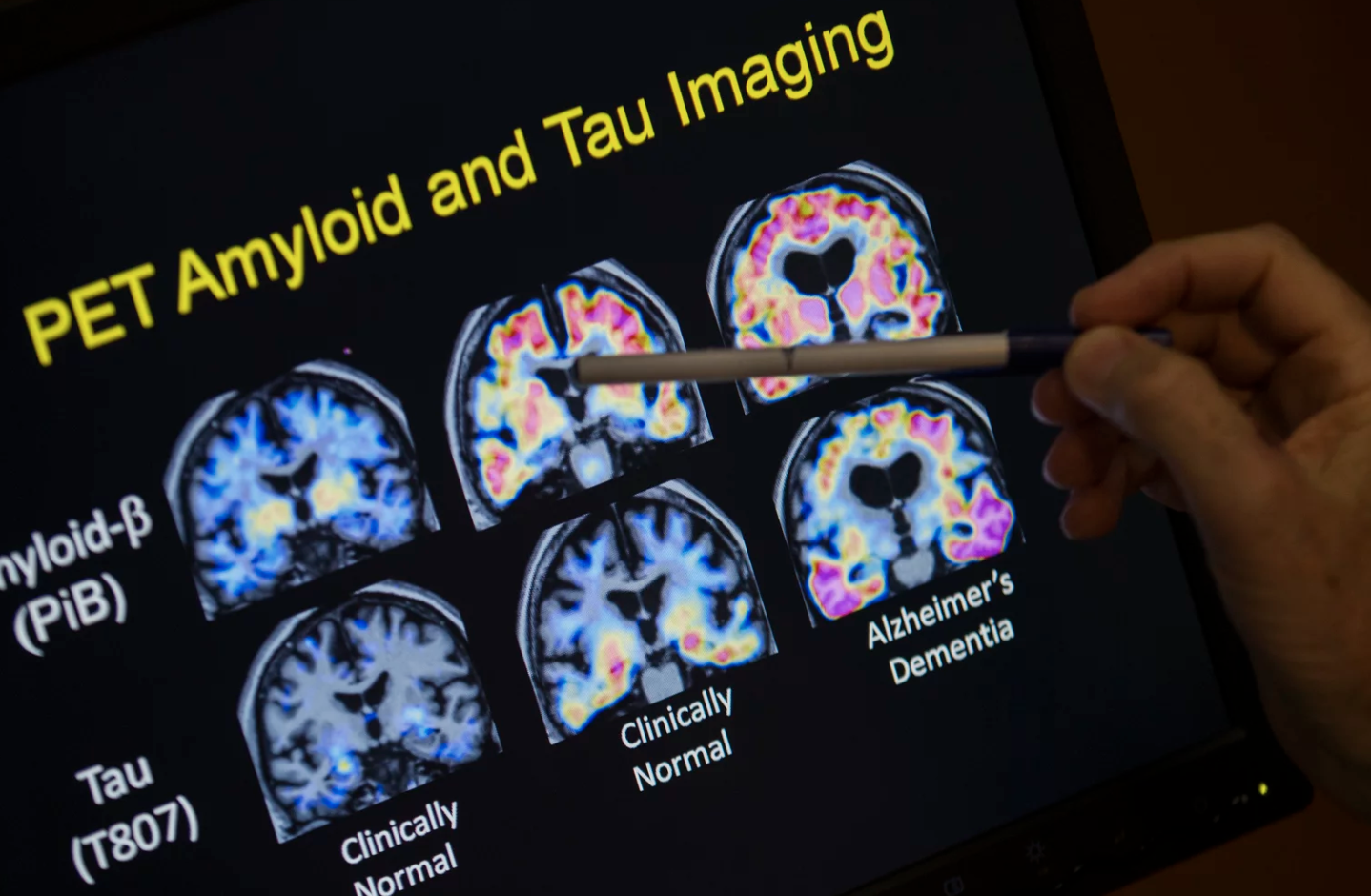Heard on All Things Considered – An idea that has propelled Alzheimer’s research for more than 30 years is approaching its day of reckoning.
Scientists are launching a study designed to make or break the hypothesis that Alzheimer’s is caused by a sticky substance called beta-amyloid.
The study will give an experimental anti-amyloid drug to people as young as 18 who have gene mutations that often cause Alzheimer’s to appear in their 30s or 40s.
The study comes after several experimental drugs have failed to prevent declines in memory and thinking even though they succeeded in removing amyloid from the brains of patients in the early stages of Alzheimer’s.
Those failures have eroded support for the idea that amyloid is responsible for a cascade of events that eventually lead to the death of brain cells.
“Many of us think of that as the ultimate test of the amyloid hypothesis,” says Dr. Randall Bateman, a professor of neurology at Washington University School of Medicine in St. Louis.”If that doesn’t work, nothing will work.”
The new experiment, called the DIAN-TU primary Prevention Trial, is scheduled to begin enrolling patients by the end of the year.
An explanation with a history
The amyloid hypothesis can be traced to Dr. Alois Alzheimer, a pathologist who first described the disease that would bear his name in 1906.
Alzheimer was working at a psychiatric clinic in Munich, where he had the chance to conduct an autopsy on a woman who died at 50 after experiencing memory loss, disorientation, and hallucinations.
He observed that the woman’s brain had an “unusual disease of the cerebral cortex,” including “senile plaque” usually seen in much older people.
In the 1980s, scientists showed that these plaques were made of beta-amyloid, a substance that exists in many forms in the brain, from single free-floating molecules to large assemblies that form the sticky plaques reported by Alzheimer … READ MORE.



